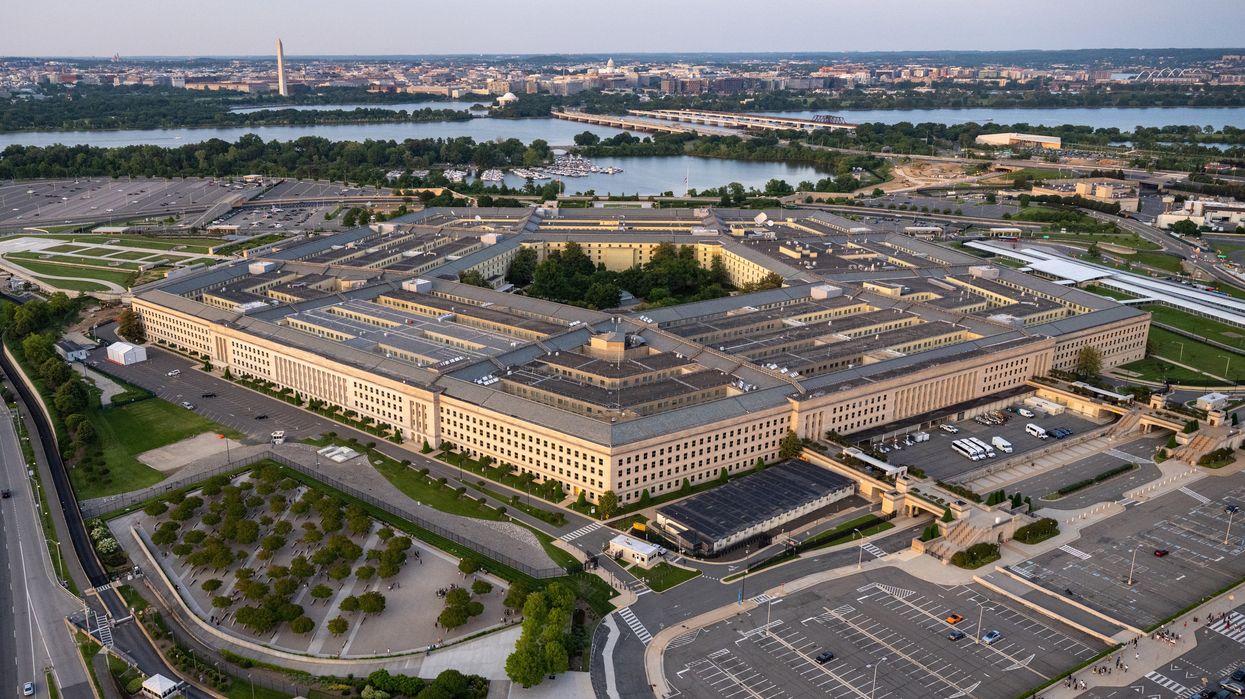According to CNN, on Friday, the Defense Department temporarily halted its plan to lay off thousands of probationary employees.
The decision to pause follows a CNN report on Wednesday indicating that the mass layoffs—potentially impacting over 50,000 civilian employees across the Pentagon—might violate Title 10, Section 129a of the US code. After the report, Pentagon lawyers began a closer review of the terminations' legality, officials said.
The law states that the secretary of defense "may not reduce the civilian workforce programmed full-time equivalent levels" without properly analyzing how the layoffs could affect the U.S. military’s lethality and readiness. It also emphasizes that mitigating risks to military readiness must take priority over cost considerations.
The ordered cuts represent a significant shift in defense spending to support President Donald Trump’s priorities, including a U.S. missile defense system similar to Iron Dome and enhanced border security.
Defense Secretary Pete Hegseth reportedly stated that President Trump’s directive to the department—to “achieve Peace through Strength”—is clear, emphasizing the urgent need to revive the warrior ethos, rebuild the military, and reestablish deterrence.
Democrats argue that the initiative is a sham, claiming it will not only fail to save taxpayers money but also weaken America’s defense capabilities amid growing global threats.
“These types of hasty, indiscriminate budget cuts would betray our military forces and their families and make America less safe,” Senate Armed Services Committee ranking member Jack Reed (D-R.I.) said in a statement, reported The Hill.
However, Senate Armed Services Committee Chair Roger Wicker (R-Miss.) said the Pentagon effort is simply the new administration reviewing the entire budget.
The Pentagon has proposed cutting 8% of its budget in the next five years, amounting to $50 billion yearly.
Hugo Balta is the executive editor of the Fulcrum and a board member of the Bridge Alliance Education Fund, the parent organization of The Fulcrum. He is the publisher of the Latino News Network




















Trump & Hegseth gave Mark Kelly a huge 2028 gift